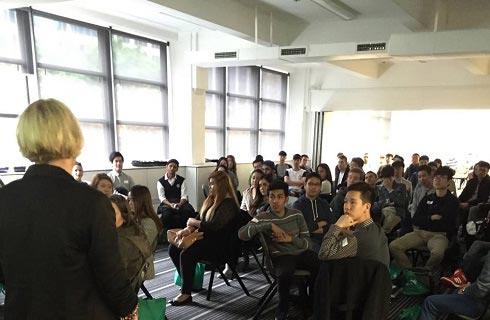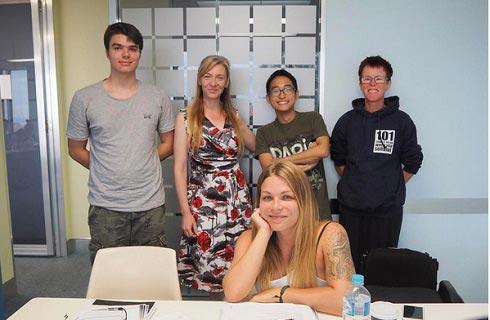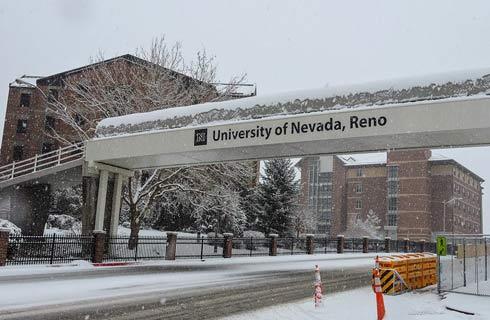Doctor of Philosophy in Chemistry - Chemistry Education

学历文凭
Ph.D.

专业院系
Chemistry

开学时间

课程时长

课程学费

国际学生入学条件
IDP—雅思考试联合主办方

雅思考试总分
6.5
- 雅思总分:6.5
- 托福网考总分:80
- 托福笔试总分:160
- 其他语言考试:NA
CRICOS代码:
申请截止日期: 请与IDP联系 以获取详细信息。
课程简介
相关申请
 预科
预科 奖学金
奖学金 实习机会
实习机会 在校学习
在校学习 跨境学习
跨境学习 校园授课-线上开始
校园授课-线上开始 在线/远程学习
在线/远程学习
开学时间&学费
学费信息仅供参考,请与IDP联系以获取详细信息
| 开学时间 | 时长 | 学费 | 地点 |
|---|
学校排名

世界排名401
数据源:
泰晤士高等教育世界大学排名
本校相关课程

语言交流文学学士
学历文凭
Bachelor Degree
开学日期
课程费用总额


妇女,性别和性研究文学学士学位
学历文凭
Bachelor Degree
开学日期
课程费用总额


社会学文学学士
学历文凭
Bachelor Degree
开学日期
课程费用总额


社会工作学士
学历文凭
Bachelor Degree
开学日期
课程费用总额


风险管理与保险业务管理学士学位
学历文凭
Bachelor Degree
开学日期
课程费用总额


呼吸疗法理学学士
学历文凭
Bachelor Degree
开学日期
课程费用总额

其他相关课程

Bachelor of Arts in Chemistry- Environmental Chemistry
 德克萨斯农工大学学院站分校
德克萨斯农工大学学院站分校学历文凭
Bachelor Degree
开学日期
课程费用总额


化学文科学士学位
 迈阿密大学
迈阿密大学泰晤士高等教育世界大学排名:239
学历文凭
Bachelor Degree
开学日期
课程费用总额


化学文学硕士-材料和物理化学
 俄勒冈州立大学
俄勒冈州立大学学历文凭
Masters Degree
开学日期
课程费用总额


Bachelor of Arts in Biochemistry - Chemistry
 利普斯科姆大学-国际学习中心(StudyGroup)
利普斯科姆大学-国际学习中心(StudyGroup)学历文凭
Bachelor Degree
开学日期
课程费用总额


Doctor of Philosophy in Chemical Education
 普渡大学
普渡大学学历文凭
Ph.D.
开学日期
课程费用总额


Master of Science in Chemistry
 伊利诺伊大学香槟分校
伊利诺伊大学香槟分校学历文凭
Masters Degree
开学日期
课程费用总额











